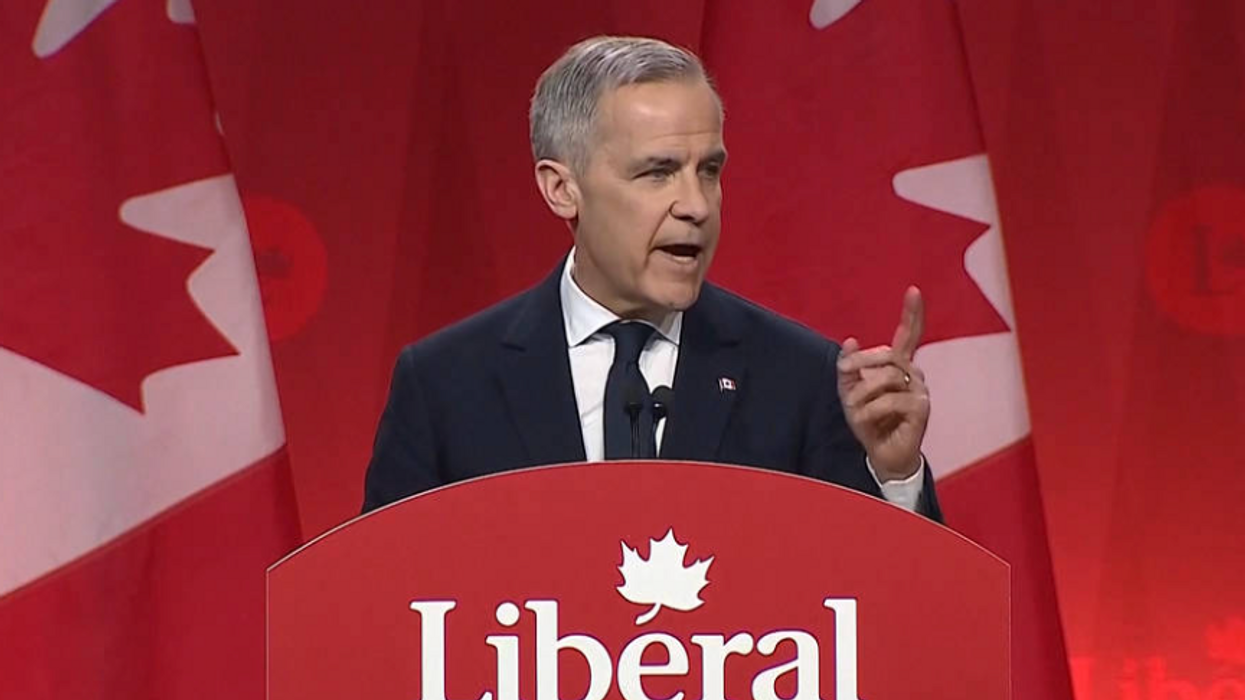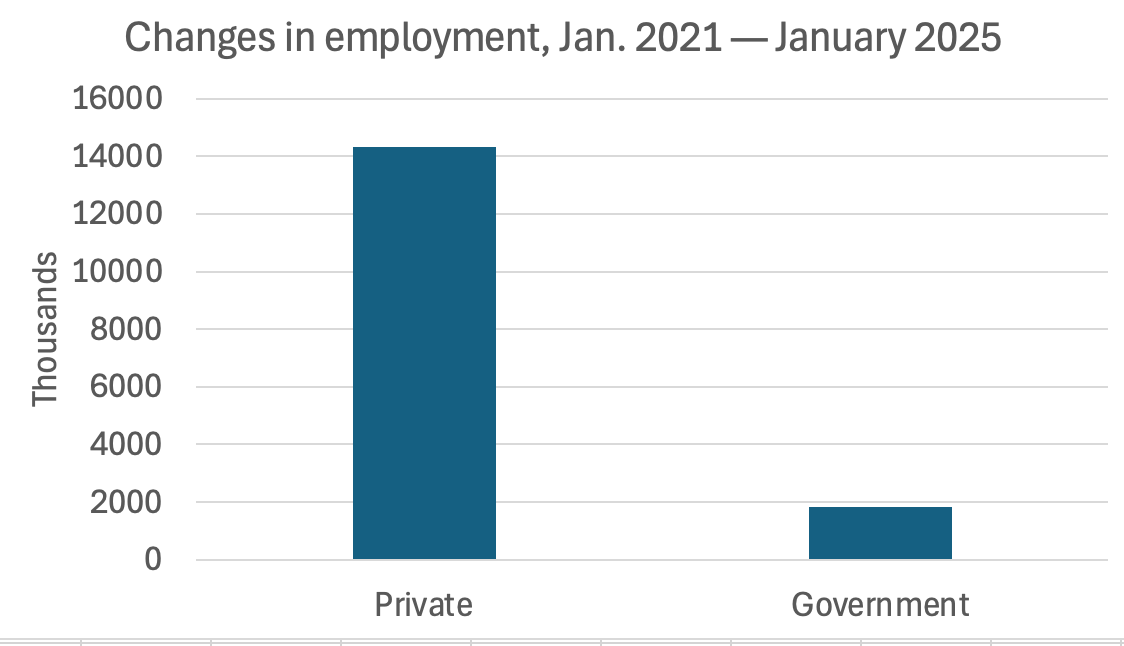Trump's Autocracy Is A Rude Awakening For His Small Business Fans
One odd feature of U.S. politics is that businesspeople, especially small business owners, always seems to believe that they will do better under Republicans, even though history shows that business does better under Democrats. Small business owners supported Trump in the last election, despite ample evidence that he would be very bad for business.
And now they’re getting a rude awakening.
Let’s talk for a second about price controls.
A few weeks ago Viktor Orban, Hungary’s de facto dictator and a darling of the MAGA set, announced that he was imposing profit-margin caps — basically price controls — on groceries. I intended to write something about that as a warning that something similar might happen in the United States, that businesspeople were fools if they assumed that Donald Trump was on their side.
Unfortunately, I never got around to writing that post. So I missed my chance to be prophetic, because it has already happened: Trump reportedly told auto executives sometime in March not to raise prices in response to tariffs. He denies that he said it, but the reporting looks solid. His headline-making assertion that he “couldn’t care less” about rising car prices seems to have been about imported autos, not domestic production.
The reason I expected Trump to follow in Orban’s footsteps is that Trump, like Orban, clearly doesn’t have any fixed principles other than power and self-aggrandizement. Under Trump, policy won’t reflect any consistent ideology. It will, instead, change with his perception of personal advantage, his temper tantrums, his whims and his malignant narcisissim. If he doesn’t like rising prices, he’ll try to stop inflation through bullying.
In short, MAGA will be very bad for business.
Most immediately, it seems as if Trump doesn’t care that his tariffs will raise business costs in addition to raising prices for consumers. We’ll get a better sense of how much costs will rise after “Liberation Day,” the big announcement of new tariffs planned for Wednesday. (War is peace, freedom is slavery, tariffs are tax cuts.) But the increase has already begun.
Indeed, thanks to tariffs already in effect the U.S. economy is already getting unscrewed, with manufacturers having a hard time keeping their stuff together.
You see, steep tariffs on steel and aluminum were the opening salvo in Trump’s trade war, and they are being applied not just to the metals themselves but to anything made from the metals, including screws, nuts, and bolts. And foreign producers are not absorbing the tariffs; they are sharply raising prices.
This was, of course, predictable and predicted. Tariffs don’t just make foreign goods more expensive to consumers. In a world where many of the goods we import are productive inputs like screws — or auto parts — tariffs directly raise the cost of manufacturing in the United States. Yet Trump’s threats against automakers suggests that he thinks he can control inflation through intimidation.
The direct effect of tariff-driven rising costs is, however, just the beginning of the ways Trumpism will be bad for business.
In the past I’ve been skeptical about claims that uncertainty is a big factor in the economy. During the Obama years vague appeals to “uncertainty” often seemed, in practice, to be invoked as a fancy way of saying “policies I don’t like,” and was used as an excuse for ignoring that fiscal austerity forced by congressional Republicans held the economy back. But in the 10 weeks since Trump was inaugurated, perceived uncertainty has soared. Here’s one widely cited index:
It’s not hard to see why. Trump’s apparent turn to price controls is just one more indication that there are no longer any rules, that economic policy changes from day to day with Trump’s moods. I’m finishing this post up just two days before the big tariff announcement, and all indications are that the administration still hasn’t decided on the general structure of the tariffs, let alone their size. Nor will we be able to take the issue as settled after the big announcement: Trump may impose further tariffs, or slash them as suddenly as he raised them, depending on who spoke to him last. L’Etat, c’est Trump.
This kind of uncertainty is paralyzing for businesses, who are realizing that any kind of long-term commitment can turn out to have been a disastrous mistake. Build a plant that depends on imported parts, and Trump may cut you off at the knees with new tariffs. Build a plant that’s only profitable if tariffs stay in place, and Trump may cut you off at the knees by backing down.
Again, the point is that there really isn’t a MAGA economic philosophy, just whatever suits Trump’s fragile ego.
All of this was predictable and predicted. Before the election many economists warned that Trump’s policies would be destructive, although the models didn’t really take the sheer craziness into account.
The remarkable thing is how many supposedly hard-headed businesspeople didn’t see the obvious. Small business owners, in particular, clearly favored Trump, and as the chart above shows, their optimism soared when he won. Now it’s crashing.
So business owners allowed themselves to be deluded, as usual, but with even less excuse than normal. What they should have realized is that Trump’s lack of concern for ordinary Americans’ lives doesn’t mean that he’s pro-business, and that the election wasn’t about left versus right — it was about rule of law versus autocracy. Now we’re getting a first taste of what life under autocracy is like, and it’s bad for everyone, including businesspeople.
Paul Krugman is a Nobel Prize-winning economist and former professor at MIT and Princeton who now teaches at the City University of New York's Graduate Center. From 2000 to 2024, he wrote a column for The New York Times. Please consider subscribing to his Substack, where he now posts almost every day.
Reprinted with permission from Paul Krugman.









 Data via University of MIchigan
Data via University of MIchigan
